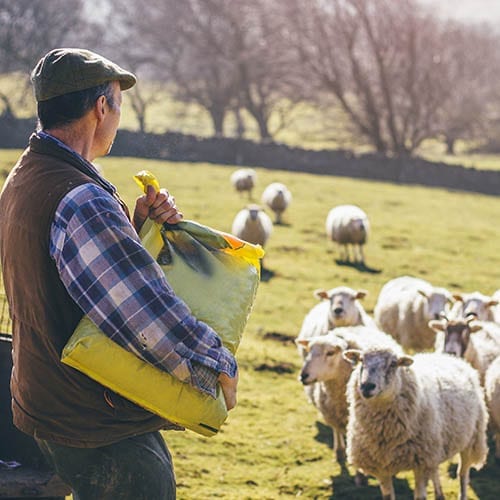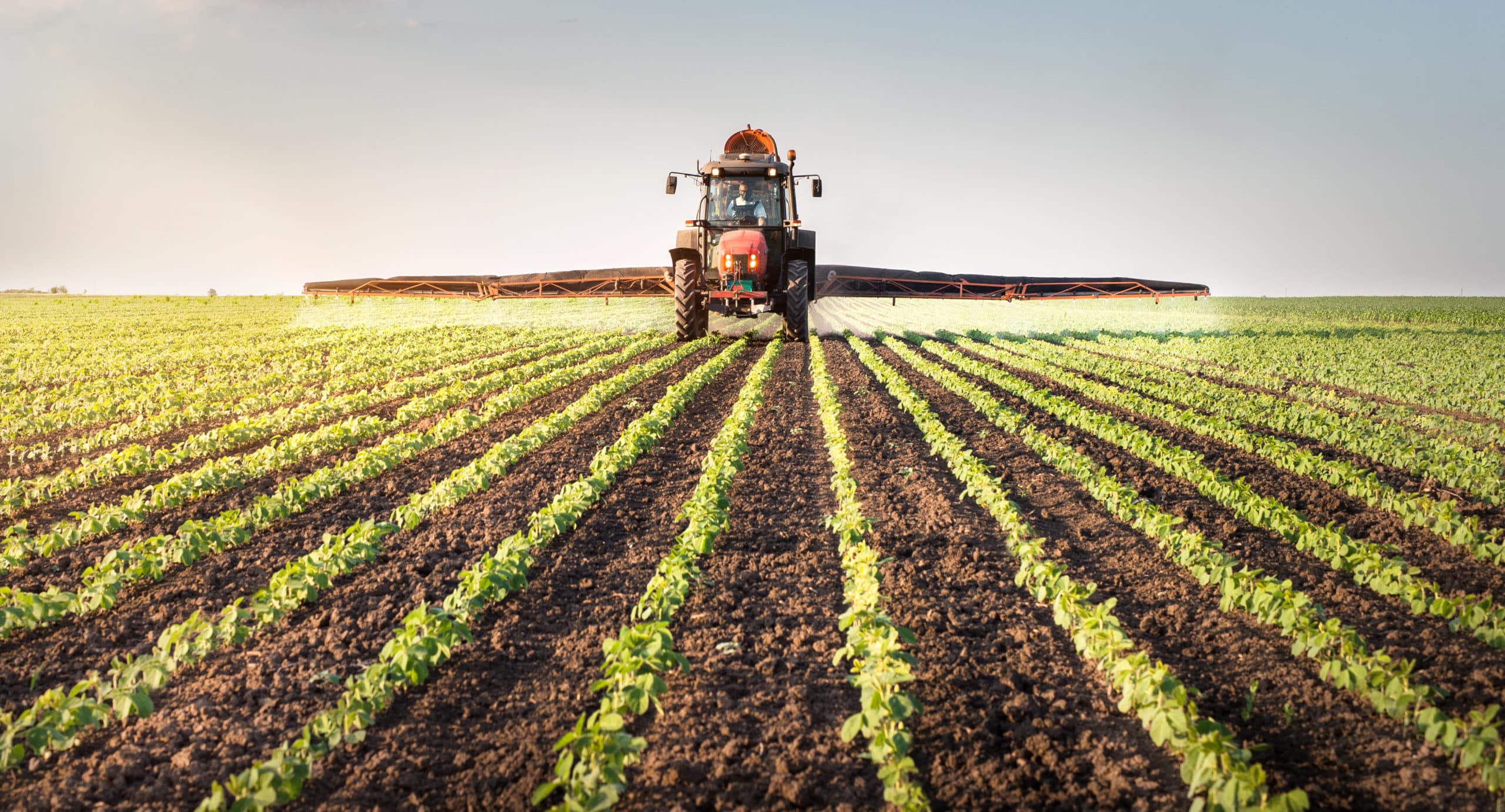If you import plants, plant products or products of animal origin (POAO) into the UK, significant new charges may apply to your goods from 30 April…
Slurry Infrastructure grant now open for applications
For a while now, many conversations I have had with dairy farmers in particular have covered their concerns regarding the additional legislation being introduced that will require farmers to have slurry storage capacity to 6 months.
For the most part, this legislation has been considered as just an additional cost of remaining in business with no extra income from this investment, making the proposition a more difficult one to present to their bankers, especially when margins have been tight in many cases.
Sad to say for some, this particular piece of legislation has been an important determinant in their decision to exit the industry, the straw that finally broke the camel’s back!
My only answer until now is that there was expected to be a Slurry Infrastructure Grant coming soon that would hopefully provide some support. I am pleased to confirm that as announced a couple of weeks ago, pig, beef and dairy farmers in England who produce slurry will be able to apply for what is important and desperately needed funding.
The Slurry Infrastructure grant of between £25,000 and £250,000, which is part of the Farming Transformation Fund, is, as expected, intended to help farmers invest in slurry storage for up to six months and enable them to improve the use of organic nutrients, improve water and air quality and reduce greenhouse gases.
I am aware of a few forward thinking farmers who are working with third parties to look to capture and utilise the value of these greenhouse gases. This might be something that is worth considering for your farm as getting value from what is a by-product can lead to a monetary return on what might otherwise be seen as an expensive investment to keep trading.
The process
Once farmers have used the online checker to identify whether they are eligible to apply, the Rural Payments Agency (RPA) will review and prioritise projects that provide the most environmental benefit. It is recommended that you ensure you have a good understanding of your current and future slurry storage requirements at this point.
The online checker will then see if you’re eligible to make a claim and check how much grant you might receive, based on your storage needs.
If there are too many applications in the first round, projects will be prioritised in areas where more action is needed to reduce pollution and restore natural habitats.
The RPA will then inform farmers whether their application has been successful or not. Those that are successful will be invited to submit a full application, which closes on Friday 28 June 2024.
Who can apply?
- Pig, beef or dairy farmers
- Landowning and tenant farmers (tenant farmers will need to have a conversation with their landlord and verify they have a tenancy agreement in place for the duration of the grant funding agreement)
- Farmers will need to use the land for five years after the final grant payment is made
What can the grant pay for?
Farmers will receive a fixed contribution towards the cost of stores, store covers and store accessories to replace existing stores, add additional storage or expand an existing store. There is a full list of items being available on GOV.UK
Practicalities
The minimum grant you can apply for is £25,000. The maximum grant is £250,000 for each applicant business.
As is common with many such grants, they will be paid in arrears and you must have sufficient funds to pay for all items in full before claiming your grant payment.
It is not clear if proof will be required prior to making an application as has been the case for other grants for works such as fencing. You can use loans, overdrafts and certain other grants, such as the Basic Payment Scheme or agri-environment schemes, to pay for the project up front but this will clearly need to be planned. If you are planning on applying, it is always worth speaking to your bank to ensure they can support you for this project.
Regardless of how much you pay, you will only receive the standard amount listed for that item.
Also, as is common with such grants, you cannot incur any eligible costs before the start date on your grant funding agreement. In principle, you can do work to prepare for your project before you apply, such as seeking quotes from suppliers, soil sampling and applying for planning permission.
However, there must be the standard warning that any costs you incur before the start date on your grant funding agreement are at your own risk and may make your whole project ineligible if it is considered to have been started.
My advice is that from conversations I have already had, the demand for this grant is likely to be high and I suggest it could well exceed the funds available and therefore be based on those with the greatest environmental benefit.
With this in mind if you are looking to make an application, I would be looking to submit this as soon as possible to give yourself the best chance of being successful in the application process. Hopefully, the proximity of much of the regions to the sea will see much of the South West prioritised.
Click to find out how to apply for a Slurry Infrastructure Grant.

FEATURING: Brian Harvey
As head of PKF Francis Clark’s agricultural sector group, Brian manages a dedicated team of agricultural accountants and tax advisers. He hails from a Cornish… read more



